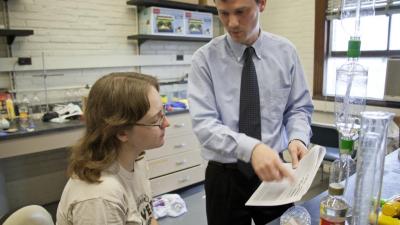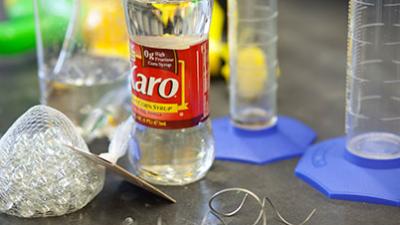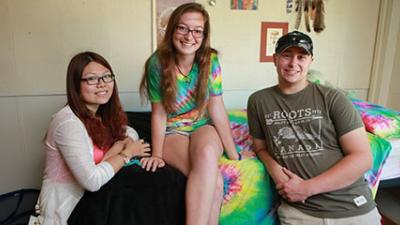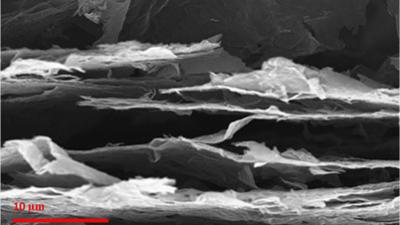Guest Blogger: Hannah Fix
(Senior Hannah Fix wrote this excellent post for The Approach to tell us about her educational outreach work with Professor Patrick Underhill. Enjoy!) My name is Hannah Fix, I am a senior undergraduate studying aeronautical and mechanical Engineering. I work with Professor Patrick Underhill on the “Fluid Dynamics Demo Kit: Fluid Physics on the Road” […]








